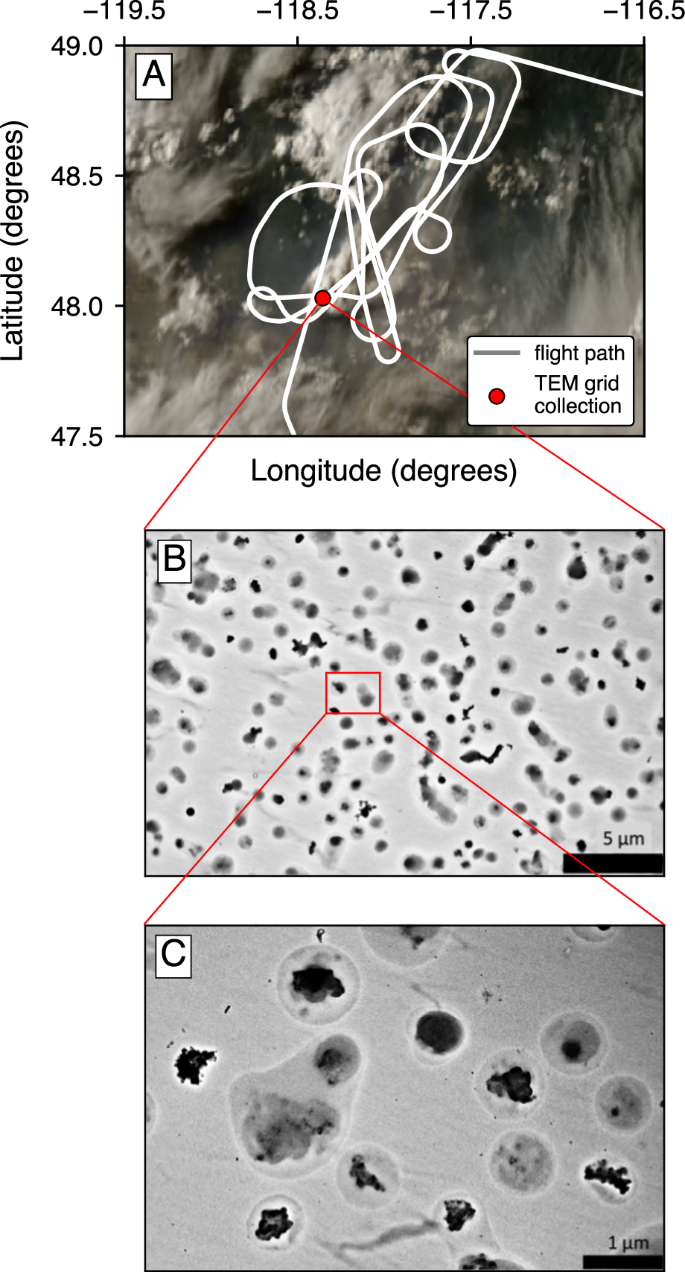2024-07-30 ワシントン州立大学(WSU)

<関連情報>
- https://news.wsu.edu/press-release/2024/07/30/using-the-term-artificial-intelligence-in-product-descriptions-reduces-purchase-intentions/
- https://www.tandfonline.com/doi/full/10.1080/19368623.2024.2368040
製品・サービスの説明において「人工知能(AI)」技術の存在を明らかにすることが購買意図に及ぼす悪影響:感情的信頼の媒介的役割と知覚リスクの調整的役割 Adverse impacts of revealing the presence of “Artificial Intelligence (AI)” technology in product and service descriptions on purchase intentions: the mediating role of emotional trust and the moderating role of perceived risk
Mesut Cicek,Dogan Gursoy
Journal of Hospitality Marketing & Management Published:19 Jun 2024
DOI:https://doi.org/10.1080/19368623.2024.2368040
ABSTRACT
While the presence of the term “Artificial Intelligence (AI)” in a product description may be viewed as a sign of that product having advanced capabilities and features, it may also trigger fear and concern among consumers. Therefore, this study explores the impact of inclusion (vs. exclusion) of the “Artificial Intelligence” term in goods and service descriptions on consumers’ purchase intentions. It also examines the mediating role of emotional trust and the moderating role of perceived product risk in this relationship. We conducted six experiments to investigate these relationships. The data were analyzed using T-tests and Hayes Process Macro Models 4 and 7. The findings of the study indicated that the inclusion of the “Artificial Intelligence” term in descriptions of products and services decreases purchase intention, and that emotional trust mediates this relationship. Findings further suggested that the negative mediating effect of emotional trust on the impact of AI term on purchase intention was stronger for high-risk products, compared to low-risk products. These findings provide valuable insights for both academia and practitioners, leading them to develop more effective and appealing strategies in the applications of AI.



